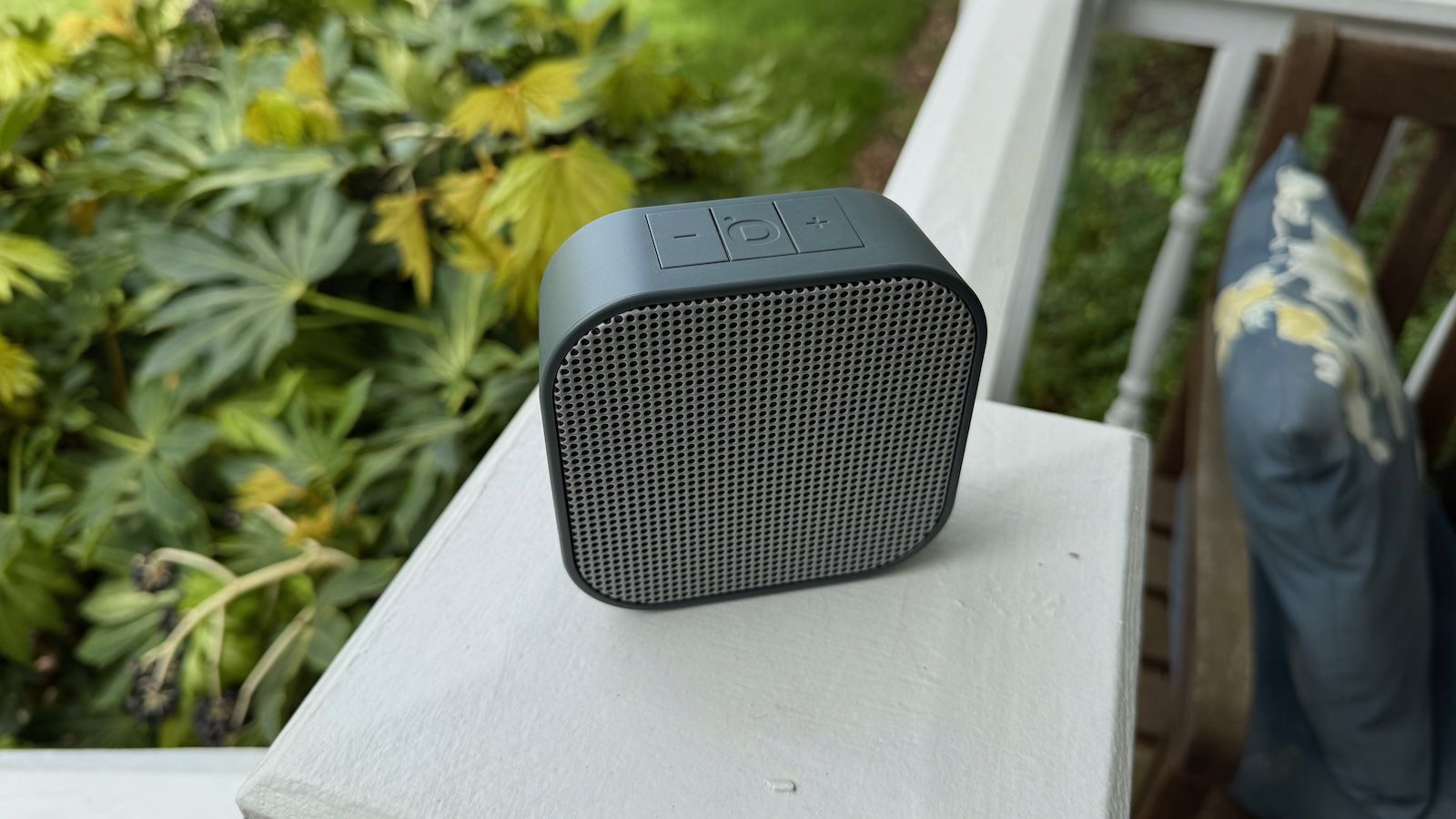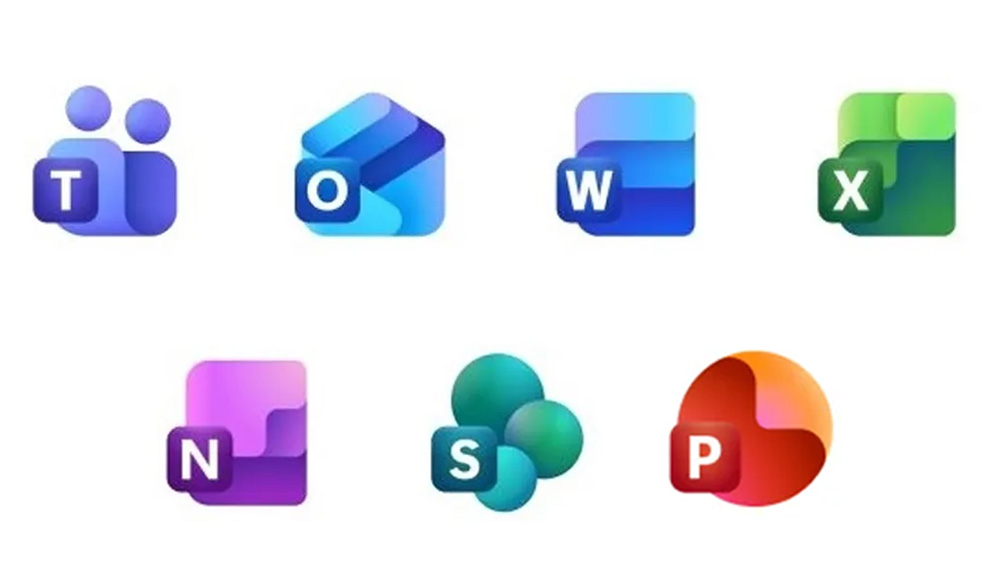Dio Node: A Budget-Friendly AirPlay Speaker for the Apple Ecosystem

Dio, a relatively small company, has made a name for itself by focusing on a singular product tailored specifically for the Apple ecosystem: the Dio Node, a low-cost AirPlay speaker system. The Dio Node was originally introduced through a crowdfunded campaign on Indiegogo in 2022. Following its successful launch, the company began shipping the speakers to backers later that same year, eventually making them available to the general public.
The Dio Node aims to provide an affordable solution for users interested in creating a network of AirPlay speakers throughout their homes. With a price point set at $89.95 for a single speaker, and additional savings available for customers who opt for multi-packs (with 3-pack and 5-pack options dropping the per-speaker cost to just under $80), it competes closely with Apple's HomePod mini. Having experimented with a 3-pack of the Dio Nodes, Im eager to explore how these speakers compare to the HomePod mini and to evaluate their overall value proposition for devoted Apple ecosystem enthusiasts.
In terms of design, the Dio Node adopts a straightforward aesthetic. Constructed from durable dark gray plastic, the speaker features a light gray or silver grille that covers its entire front. Measuring around 4 inches (102 mm) square and 1.5 inches (38 mm) deep, the speaker has a subtle taper from front to back, weighing just under half a pound (222 grams). The rear sports prominent Dio branding in white, although this feature is generally not visible during typical setups. Furthermore, a soft pad on the bottom edge of the speaker prevents any potential scratches on surfaces.
The top of the Dio Node features three unassuming rectangular buttons. The left and right buttons are designated for volume control, allowing users to easily decrease or increase sound levels, while the central button serves as a play/pause command for audio streamed via AirPlay. By holding down various buttons in different combinations, users can perform additional functions such as updating the speakers firmware, resetting the Wi-Fi connection, and executing a complete factory reset.
Powering the Dio Node is a compact 5V2A power adapter with a barrel connector that attaches to the back of the speaker. The integrated cord on the adapter is approximately 1.5 meters (59 inches) long, granting a degree of flexibility in speaker placement relative to electrical outlets.
The setup process is remarkably straightforward. Once powered on for the first time, the Node automatically enters pairing mode. As the small LED on the back begins to flash red, users can navigate to the Wi-Fi section of the Settings app on their iOS device. The Node will appear in the Set Up New AirPlay Speaker section. After tapping the Node, users select their desired Wi-Fi network to connect it, followed by naming the device for easy identification within their list of AirPlay destinations. Overall, this setup process takes only about a minute, and once completed, the Node functions just like any other AirPlay destination. Users can access it through the Control Center or compatible apps, enabling multi-room audio when combined with additional Dio Nodes or other AirPlay speakers.
For those looking to maximize their integration, adding the Dio Node to an Apple Home setup is similarly hassle-free. Simply tap the + button in the Home app, select Add an Accessory, and choose the more options text. The Node will appear as an available device on the network. Users can then select which room they want to assign it to. Interestingly, the Home app offers an automation feature that pauses audio playback when the user leaves home, although this feature is turned off by default, allowing for a quick and simple setup.
Once the speaker is integrated into the Home app, it unlocks further functionalities such as serving as a speaker for the Intercom feature, participating in various automations and shortcuts, and enabling Siri to control playback on the Node through any device streaming audio. Users can also create speaker group presets that include the Dio Node, adding even more customization options.
Importantly, theres no limit on the number of Dio Nodes that can be connected, making it easy to position multiple units throughout a home for a cohesive audio experience. With a mono sound output rated at 85 dB, the Dio Node is capable of producing sufficiently loud audio for most room sizes. While the sound quality is adequate for general use, it may not stand out against competitors. In comparison to the HomePod mini, the Dio Node lacks the bass punchiness and overall sound quality that many users might expect.
Dio claims that the Node's equalization is designed to enhance vocal clarity, making it an ideal choice for playing podcasts and audiobooks as users move from room to room. The speaker can handle a decent range of music but does fall short in terms of the fuller sound experienced with higher-end options. Although the AirPlay protocol operating over Wi-Fi supports improved sound quality (including Lossless audio), the Dio Nodes compact size limits its ability to deliver the complete audio experience.
The buttons on the Node, while straightforward, do function reasonably well. The play/pause command is responsive, taking effect almost immediately across all connected speakers. However, the buttons are somewhat clicky, which could be disruptive in quieter environments. Interestingly, adjusting volume from an iOS device or within an app incurs a slight lag before the change registers on the speaker, a delay that is notably longer than what is experienced with the HomePod mini in similar setups.
With a singular focus on AirPlay, the Dio Node does lack several features typically found in the HomePod mini and other budget speakers. Notably, it does not come equipped with a microphone, which means it cannot directly support Siri commands or facilitate phone calls and other two-way communications. Audio from apps that classify their output as audio calls wont be transmitted to the Node, yet playback-focused audio sources will function without issues.
Dio markets the absence of a microphone as a privacy feature, especially amidst growing concerns regarding the potential for voice-enabled devices to eavesdrop. Users can pair the Dio Node with an Apple TV, although it is not designed to operate as a stereo system or home theater system, nor can it pair directly with a TV for stereo sound. While support on Mac and iTunes for Windows is limited, employing an application such as Rogue Amoebas Airfoil can expand its capabilities. Nevertheless, users can easily stream audio from the Music app on a Mac to multiple Dio Nodes without encountering audio sync issues.
During testing, the Dio Node's range proved to be reliable, with no audio dropouts occurring regardless of the distance between the source devices and the speakers within my 1,800-square-foot home.
In summary, the Dio Node represents a compelling option for those looking to establish a multi-room AirPlay audio setup without breaking the bank. While it may be challenging to recommend a single Dio Node over the HomePod mini for merely a $10 savingsgiven the HomePod minis superior sound quality, broader feature set, and enhanced integration within the Apple ecosystemthe case for multiple Dio Nodes becomes stronger when planning to outfit an entire home. If AirPlay functionality meets your audio needs, the Dio Node is certainly a product worth considering.
Dio provides free shipping throughout the U.S. and allows for 60-day free returns, offering consumers ample opportunity to test the speaker and determine if it suits their needs. Additionally, the Dio Node is certified for use in both Canada and Europe, with the company aiming to expand its distribution to these regions in the near future.
Customers can place orders directly through the Dio website or via Amazon, with current pricing set at $89.95 for a single unit, $239.00 for a 3-pack ($79.66 per unit), and $395.00 for a 5-pack ($79.00 per unit).























